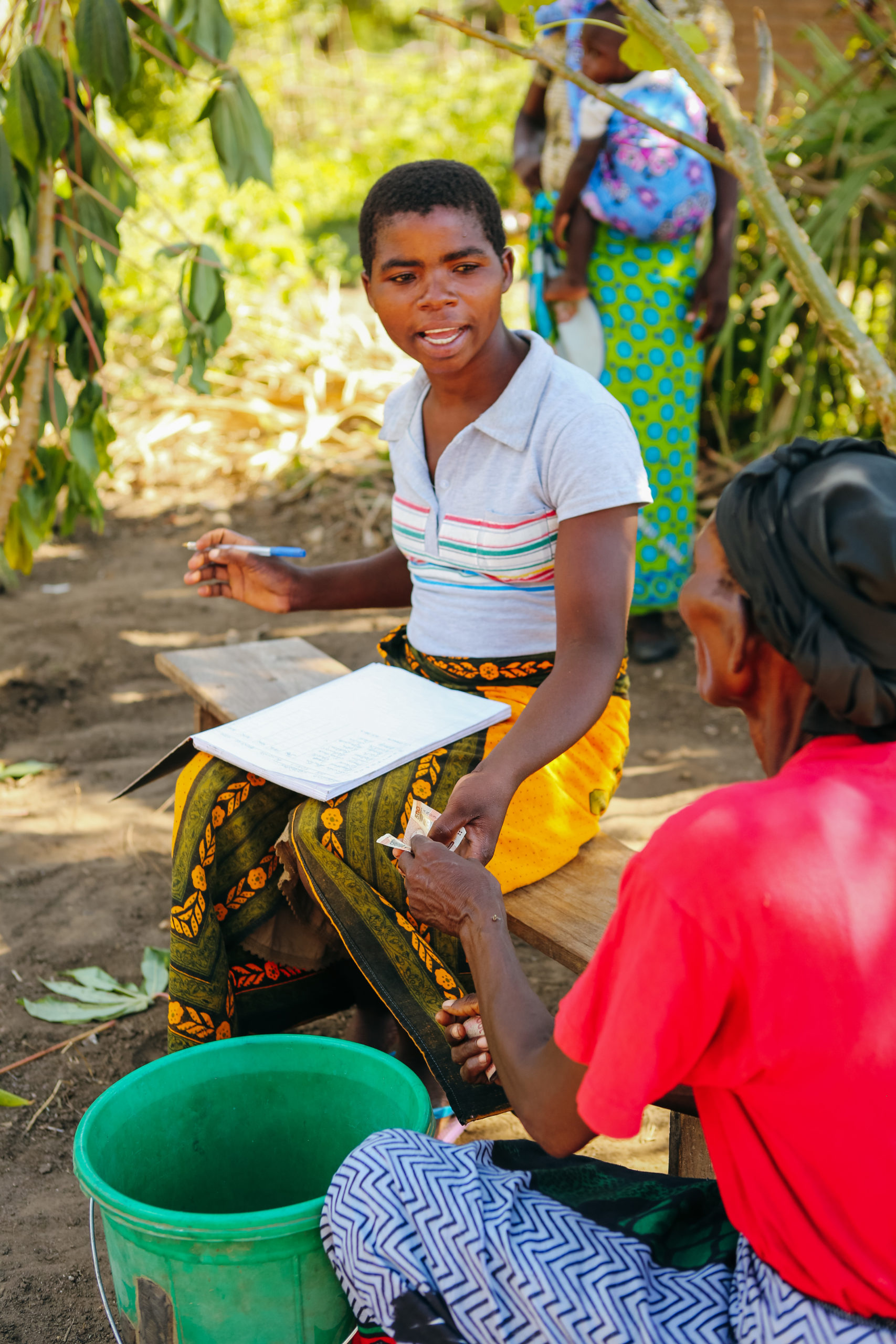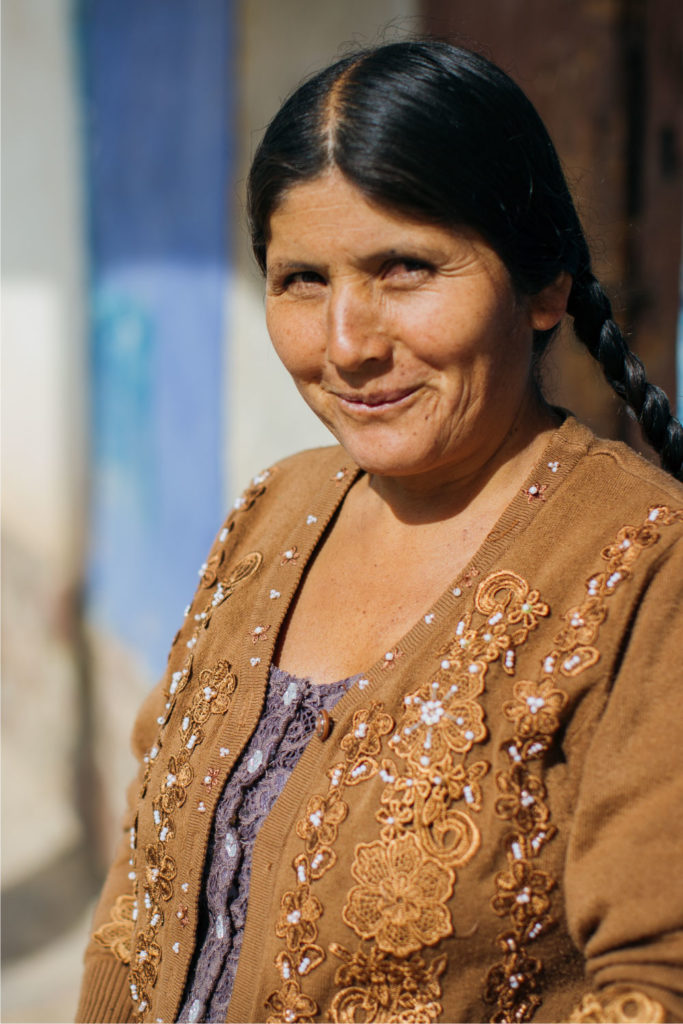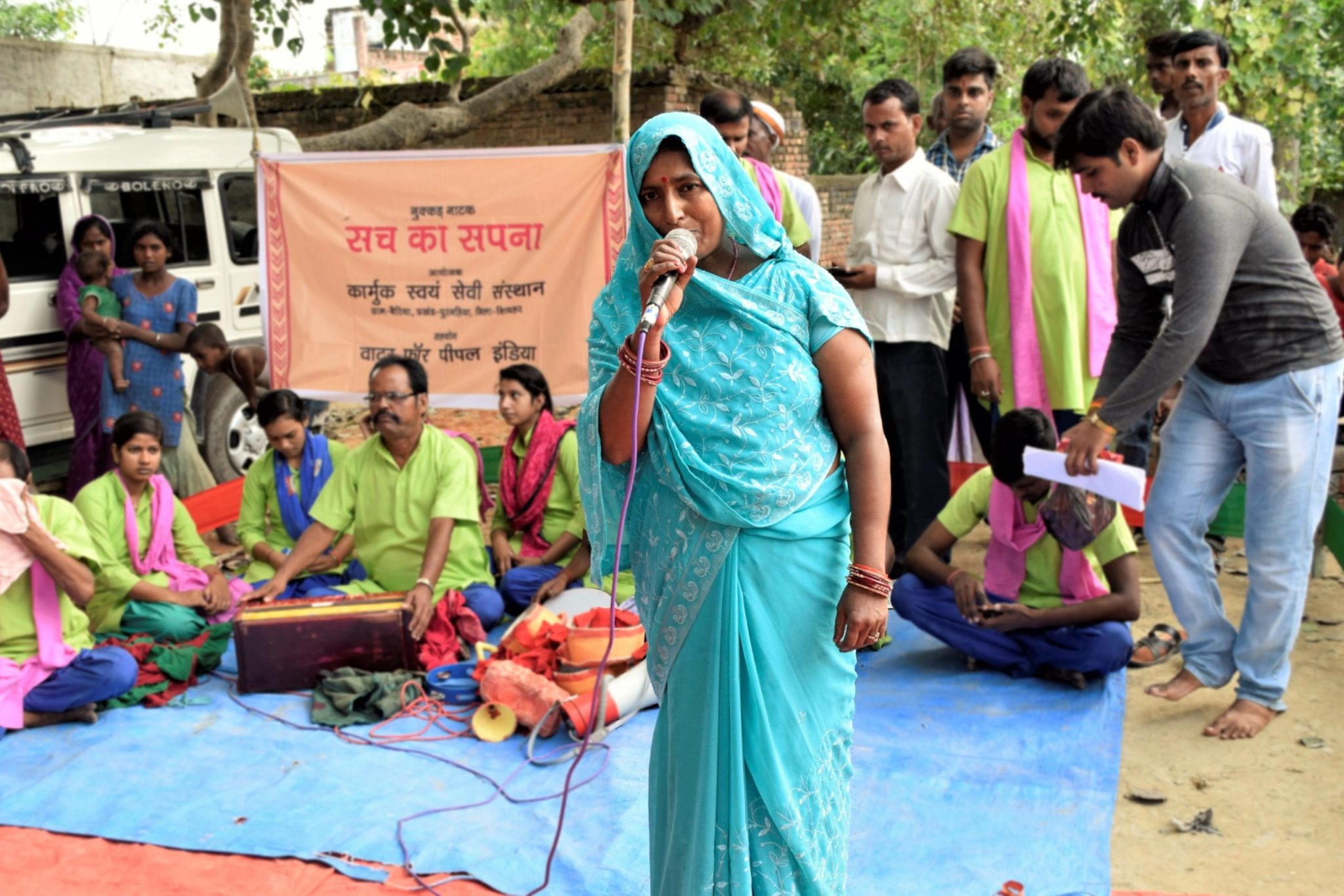Maureen is the first female hand pump mechanic in the Chikwawa district of Malawi. Most people expect a man to show up when she arrives on her bike with her tools.
"Having women do this work is very vital," she explains. "It brings more ownership. Women are more concerned with water and more connected to it."
Globally, women and the girls walk miles—spending 2 million hours collectively each day—to gather water for their families. They do this while sick, pregnant, or on their periods without adequate sanitation and well into old age. They are the water decision makers in their families—and the ones most impacted when it is scarce. The walk for water is even more complicated in the face of natural disasters like draughts, flooding, or extreme storms.
"Women and girls are disproportionately affected by poor water, sanitation, and hygiene services and facilities," writes the United Nations. "Their voices and needs are often absent in the design and implementation of improvements, thereby ensuring their continued marginalization."
When Water For People partners with a community in establishing sustainable water access, we also help to create sustainable structures for maintaining them. This often takes the form of a water point committee to help take care of issues, collect maintenance fees, and/or participate in maintenance. This also means making sure there is equal male/female representation on these committees. That’s how Maureen first encountered the idea of a female hand pump mechanic.
We helped the District Water Office in Chikwawa facilitate a session for their Water Point Committee on human rights and gender. As a member of the committee taking part of the session, Maureen learned that it is possible for females to do job roles that society often views as only done by males. Water For People and the District Water Office soon offered a hand pump mechanics training and Maureen signed up, the only female in a group of ten.
"I’ve seen how people in our community had struggled in the past to have access to safe water," she explains. "I thought this was an opportunity to make sure that people have safe, clean water at all times."
Women are often driven to support and care for more beyond their own families. One study in Tanzania found women consistently more egalitarian when it came to water supply and access, particularly in times of water scarcity. Another, in Egypt, found that the success of water projects depends, in large part, on the role women play in achieving effective participation of individuals.
Sustainable Development Goal (SDG) 5 is to achieve gender equality and empower all women and girls. Following in numerical order is SDG 6 which aims to ensure access to water and sanitation for all. We cannot achieve 6 without 5—the roles women play in water issues for their families and communities is too entwined with the inequality that leaves them walking miles each day for water, missing school or work because of periods, and unable to take on economic opportunities because of the demands of collecting water.



